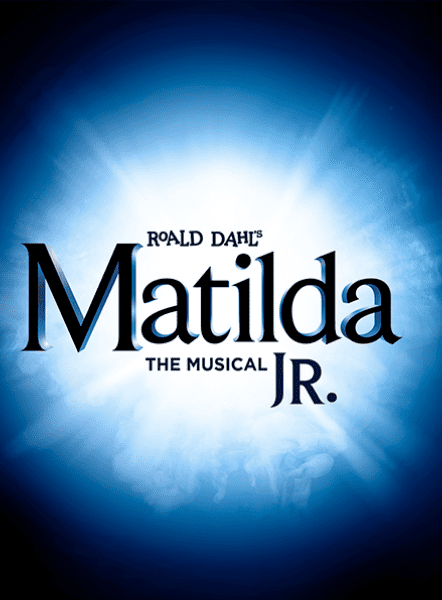Our Religious Education curriculum engages and challenges pupils, equipping them with the knowledge and skills to tackle challenging theological questions. It supports the school’s Catholic ethos, encourages exploration of personal and others’ beliefs deepens their understanding of God as encountered and taught by Christianity. The curriculum promotes respect for diversity and prepares pupils for life in modern Britain.
Curriculum leader: Mrs A Evers
Assistant Curriculum leader: Mrs R Maguire
For each half-term there is a Knowledge Expert Sheet which outlines the essential knowledge that all students in each year need to know.
Students demonstrate their depth of knowledge by completing their retrieval tasks.


